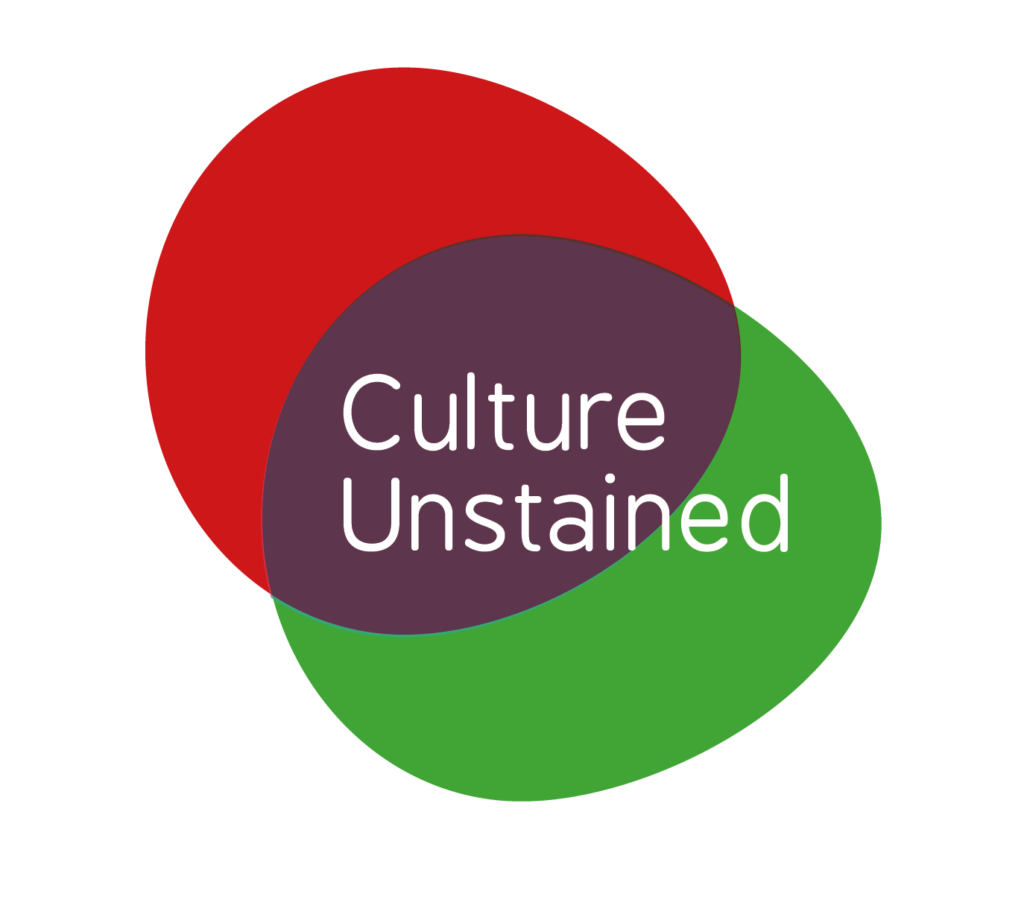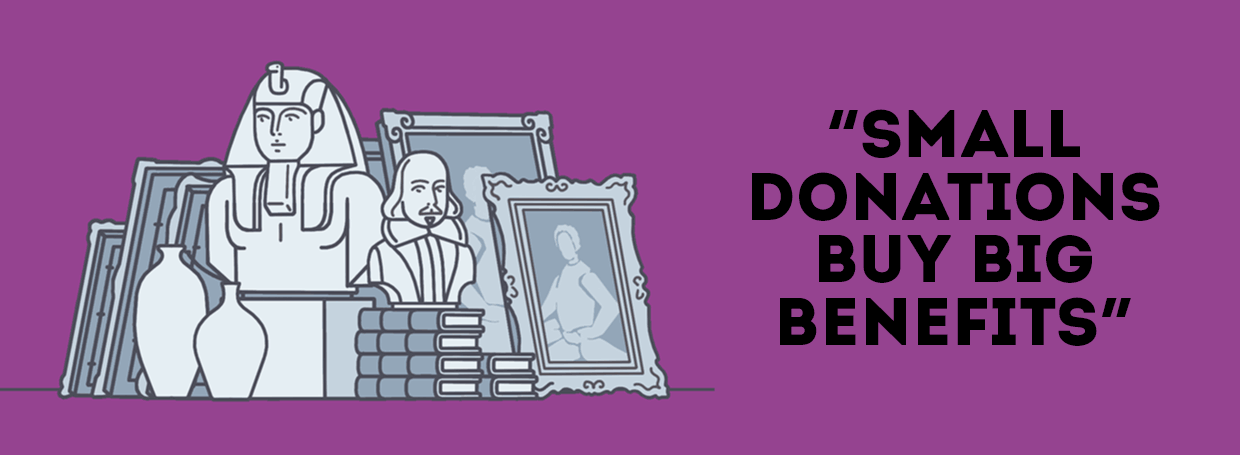
What sponsorship buys
Sponsorship deals – whether they are with museums, theatres or sports events – are one of the cheapest and most effective ways for oil and gas companies to boost their brands.
By making small but strategic payments to iconic institutions such as the British Museum or the Paralympic Games, oil giants are able to paint themselves as generous philanthropists. For them, events and exhibitions become the equivalent of advertising billboards, often at a much lower price.
But sponsorship deals aren’t just about boosting their brand. Exhibition openings and private dinners provide the perfect opportunity for entertaining politicians and shoring up strategically important relationships.
Sometimes, sponsors have overstepped the mark by influencing what is on display in museums or helping to judge high-profile awards, putting staff at respected cultural institutions under pressure and vulnerable to censorship and interference.
- This has been termed ‘Artwash’ by author and Liberate Tate activist Mel Evans.
Case Studies
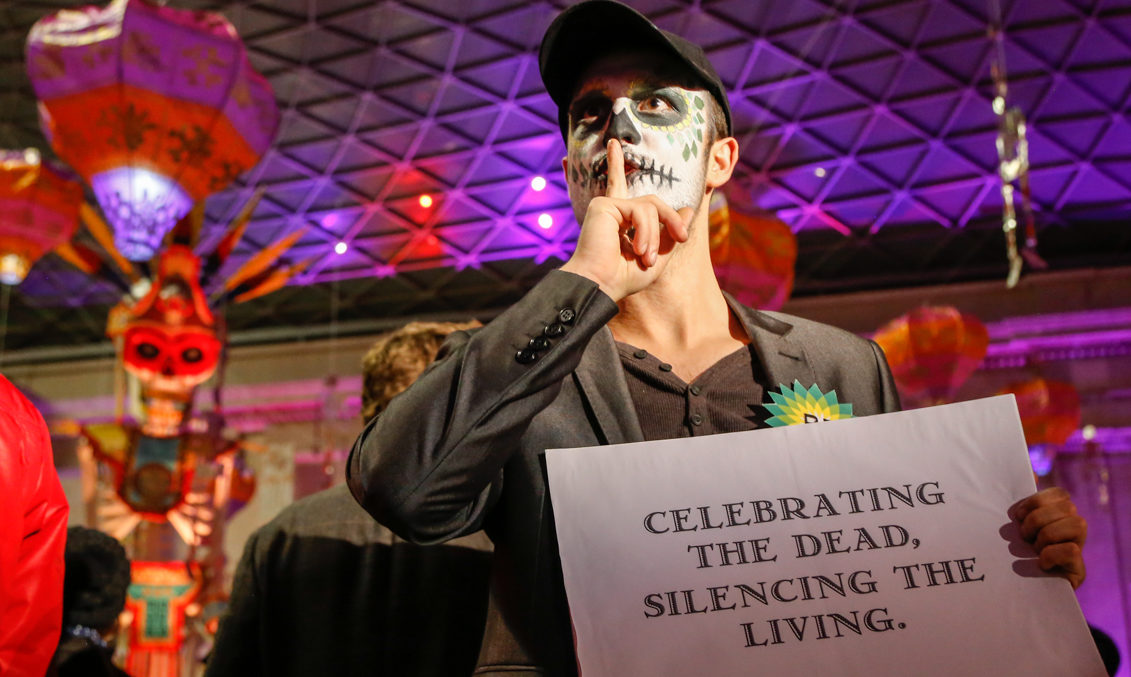
BP sponsorship has ‘a corrupting influence’
It’s no coincidence that BP – a company behind a record-breaking oil spill that continues to drill for new fossil fuels – sponsors a range of iconic cultural institutions that provide a cost-effective way of cleaning up its image.
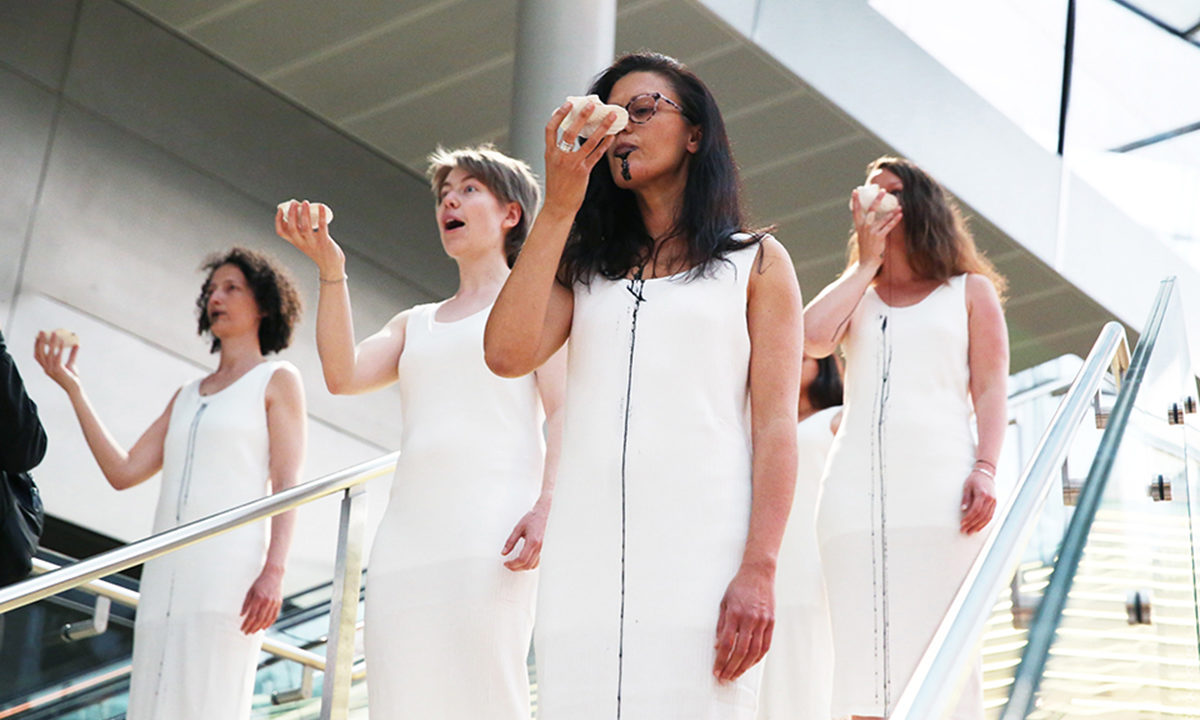
How Shell shaped the story at London’s Science Museum
Oil companies get many benefits out of sponsoring a museum, from boosting their brand image to sipping wine alongside politicians at exhibition openings. But Shell wanted to get more for its money and tried to interfere in an exhibition’s content.
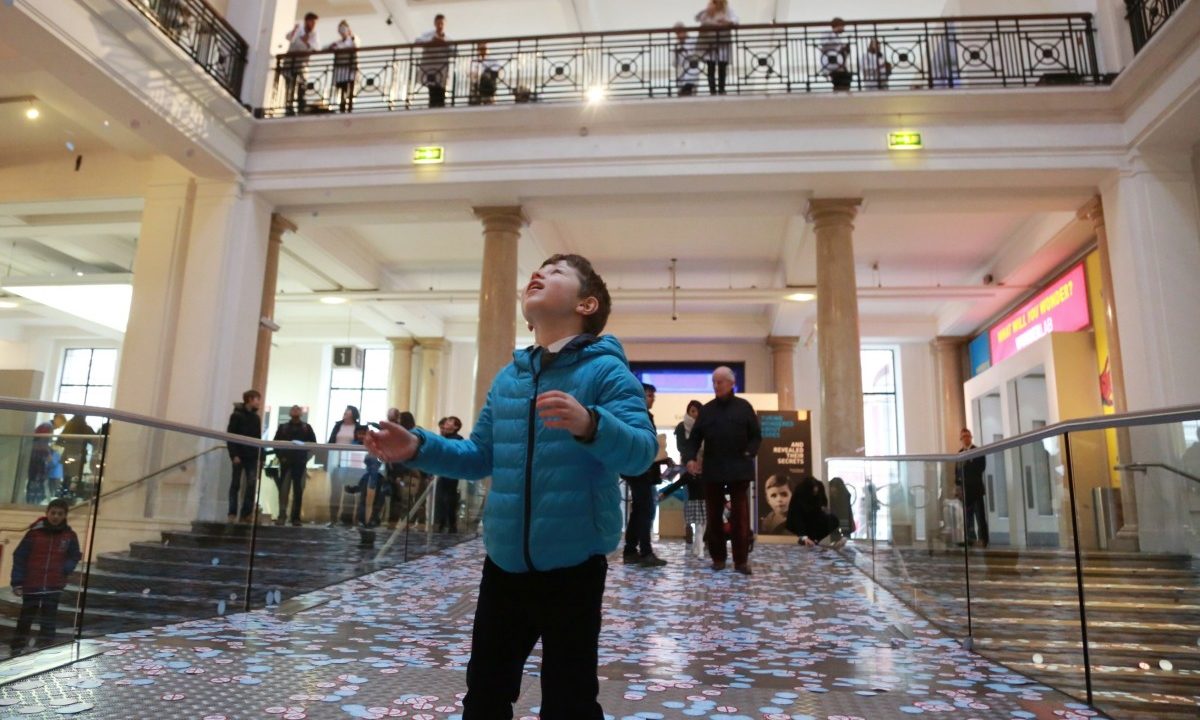
Why Statoil sponsors science, electrical sockets and tennis
Sponsorship is one of the cheapest and most effective ways for a fossil fuel company to clean up its image. Over the years, Statoil has formed many different partnerships to deflect attention from its plans to drill in the Arctic or the Great Australian Bight.






